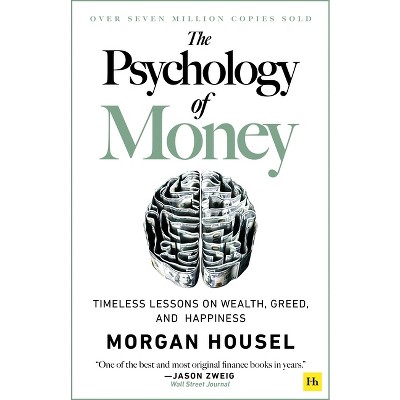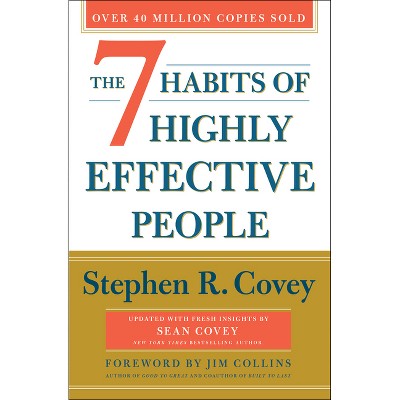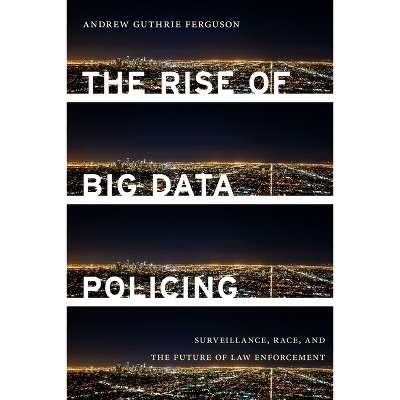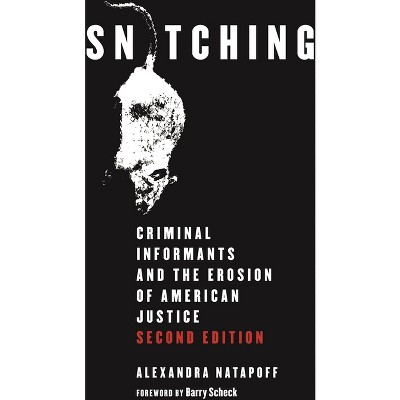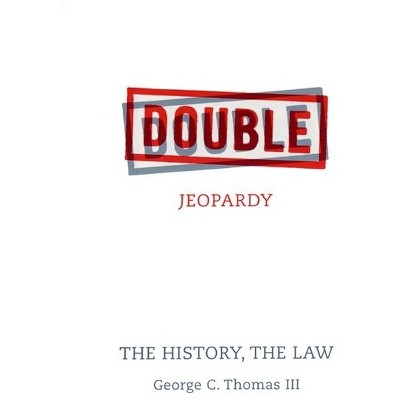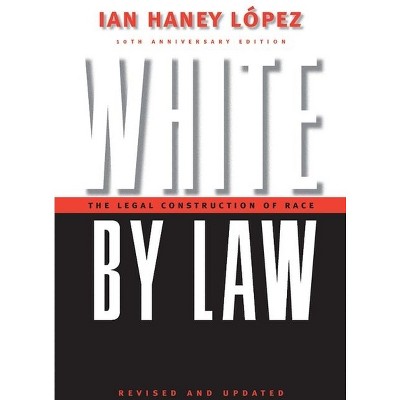About this item
Highlights
- What ends do we expect and hope to serve in punishing criminal wrongdoers?
- Author(s): Deirdre Golash
- 219 Pages
- Freedom + Security / Law Enforcement, Criminal Law
Description
About the Book
Golash addresses the value of punishment in contemporary society.Book Synopsis
What ends do we expect and hope to serve in punishing criminal wrongdoers? Does the punishment of offenders do more harm than good for American society? In The Case against Punishment, Deirdre Golash addresses these and other questions about the value of punishment in contemporary society.
Drawing on both empirical evidence and philosophical literature, this book argues that the harm done by punishing criminal offenders is ultimately morally unjustified. Asserting that punishment inflicts both intended and unintended harms on offenders, Golash suggests that crime can be reduced by addressing social problems correlated with high crime rates, such as income inequality and local social disorganization. Punishment may reduce crime, but in so doing, causes a comparable amount of harm to offenders. Instead, Golash suggests, we should address criminal acts through trial, conviction, and compensation to the victim, while also providing the criminal with the opportunity to reconcile with society through morally good action rather than punishment.
Review Quotes
"A book that can spur good discussion and stimulate critical thinking."-- "Law and Politics Book Review"
"A finely reasoned argument on the ills of punishment. . . . An informative and thought provoking read"-- "New York Law Journal"
"A work of sweeping vision and profound insight. Punishment, Golash demonstrates convincingly, is wrong in itself and counterproductive as well. That her fine book closes with a thoughtful sketch of a world without punishment is a testament to the author's intellectual range and originality."--Robert Johnson, author of Hard Time: Understanding and Reforming the Prison
"Philosophers of law too often assume that criminal punishment is of course justified and then argue over exactly what is the best justification for the practiceutilitarian deterrence, retribution, moral education, etc. It is important that this shared assumption be challenged and that serious consideration be given to the possibility that criminal punishment may not be justified at all. Although Professor Golash has by no means persuaded me that all criminal punishment should be totally abolished, her book is to be welcomed as an attempt to provoke serious reflection on this basic issue."--Jeffrie G. Murphy, Regents Professor of Law, Philosophy, and Religious Studies, Arizona State University
Shipping details
Return details
Trending Business & Law Books


